Post
A catch
Save a catch to start your fishing logbook. You will be able to to share it with the community if yo want!
A fishing trip
Post an ad to go fishing with other fishermen
Save a catch to start your fishing logbook. You will be able to to share it with the community if yo want!
Post an ad to go fishing with other fishermen
Share a thought, a question with the community
My favorite cities
×Join our 355 fishermen in Coombe-Keynes in Dorset. The fishing forecast is currently 3.3. The most caught fishes here are the bull huss, the pollack fish, the brill fish and the whiting fish. Come try the most famous fishing techniques like the surf fishing, support fishing for black sea bream, surfcasting for sole or tips on material for support fishing for sea bream.
Our fishing forecast of Coombe Keynes indicates the best time to go fishing in this city.
The Bull Huss
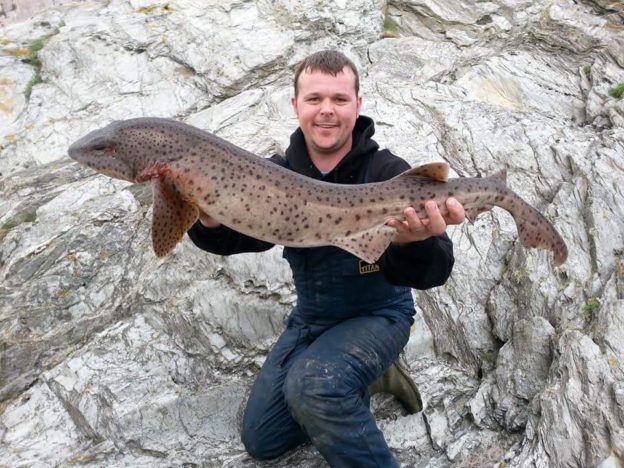
The Bull Huss belongs to the Scyliorhinidae family. Small in size, they usually measure 60 to 80 cm, although there are larger ones, since they can reach 1.5 m in the Mediterranean and 2 m in the Atlantic. This fish can live for 75 years. It spawns a hundred eggs all year round, especially in the late winter and in July. It is abundant every day of the year. This fish is not really active but still is hard to catch. The upper part of the Bull Huss is light brown in color, covered with small dark brown spots. Because of this pattern of spots, it is also called spotted cat shark. The part of the flank is white and grey. The mouth and nose holes are below his obtuse head. The particularity of the Bull Huss is that its nostrils are linked to the mouth by a curved line.
The Bull Huss is a famous fish you can catch in Coombe Keynes.The Pollack fish
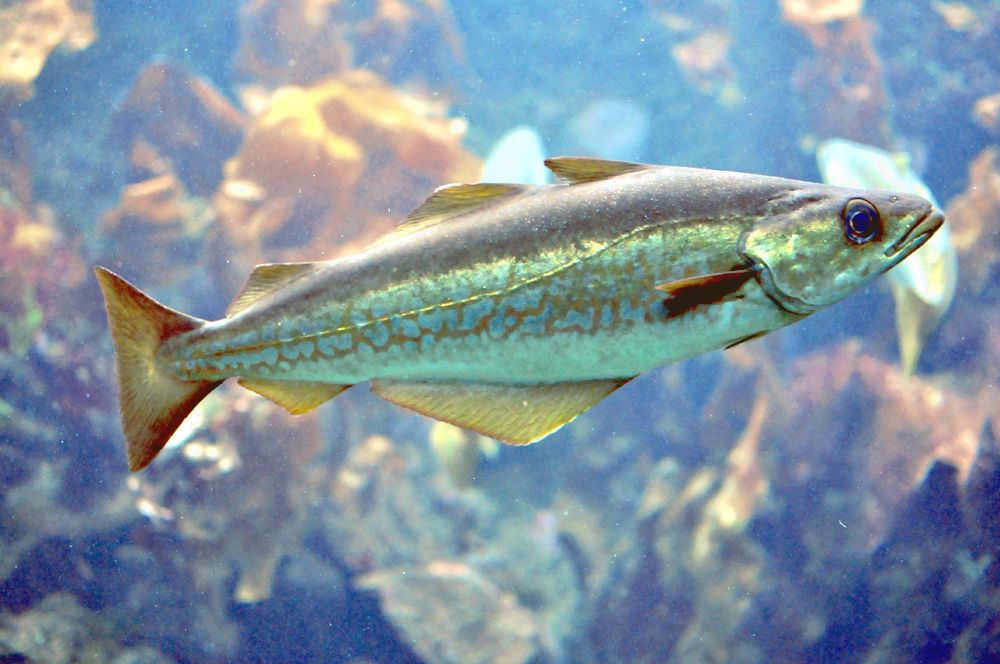
The Pollack fish belongs to the Gadidae family. Its size can reach 1.40 m for an average of 60 to 80 cm. The Pollack grows very quickly and lives between 8 and 10 years, while most pelagic fish have a lifespan of more than 20 years. Reproduction takes place in February March. Fertility can reach 4 million eggs. It can be fished all year round. Elongated body, covered with small scales, orange-yellow color, darker on the back, marbled in young individuals, bright yellowish white in adults. Prominent lower jaw, big eye. The dark-colored lateral line is curved at the pectoral fins, which makes it easily distinguishable from the black locus (Pollachius virens) in which it is straight. The Pollack, like many Gadidae, has three clearly triangular dorsal fins and two anal fins. It is one of the few Gadidae that does not have chin barbells. Juveniles are rather reddish brown with longitudinal stripes of blue-grey.
The Pollack fish is a famous fish you can catch in Coombe Keynes.The Brill fish
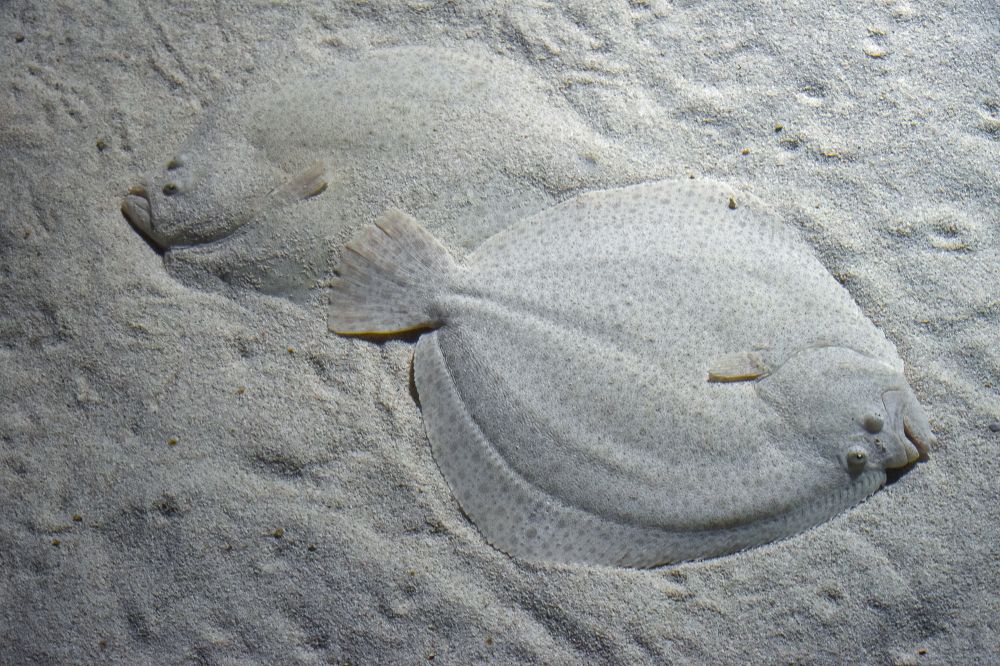
The brill fish belongs to the Scophthalmidae family. The minimum size of capture is 30 cm but can reach 75 cm for 6 kg. He can live up to 3 years. It breeds from late spring to early summer. The female can lay up to 15 million eggs. It can be fished all year. The brill has an oval body. It rests on its right side and has its left side. Thus, when placed with the head facing left, both eyes are located above the mouth. Its common name of brill comes from a particularity of its dorsal fin, whose origin is far in front of the eye and whose first rays are free and branched. The distance between the two eyes is greater than the diameter of one eye. The lateral line is very curved at the pectoral fin. As with many flatfish, the coloring is variable and depends on the biotope. The brill is indeed capable of homochromia, i.e. to match the color of the background. The coloring is rather brown, more or less speckled, and also varies according to the environment on a live fish. It has many round spots whose edges are incomplete rings of darker colors. The blind side is whitish.
The Brill fish is a famous fish you can catch in Coombe Keynes.The Whiting fish
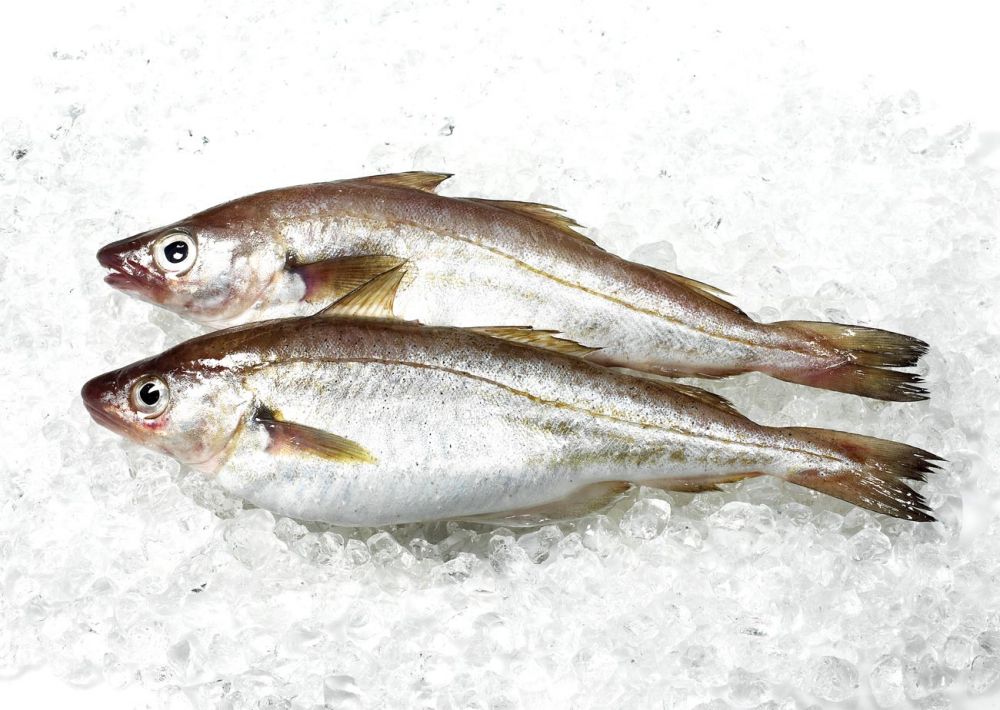
The Whiting fish belongs to the Gadidae family. Whiting grows quite quickly and measures about 30cm at the age of two years. At 5 years old, it measures about 50cm for a weight of about 1kg. Its maximum size reaches 70 cm. its lifespan is 22 years. It reproduces from January to April. A female can lay from 200,000 eggs to 1 million eggs. It is fished in winter. Its color is variable and can be yellowish brown, dark blue or green. Its sides are yellow-grey, white and its belly is silvery. A small dark spot is often present at the upper base of the pectoral fins.
The Whiting fish is a famous fish you can catch in Coombe Keynes.Black Bream Fish
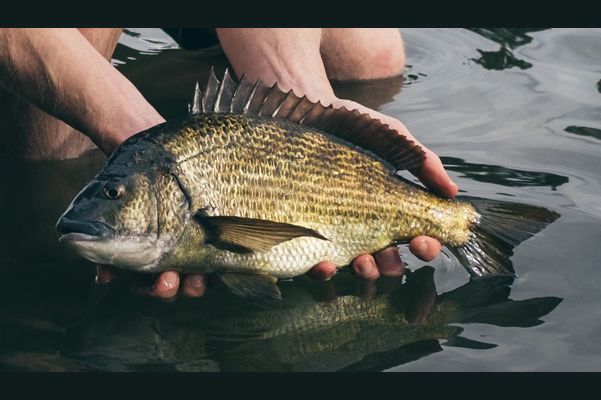
The Black breamfish, also known as Acanthopagrus butcheri, is a Sparidae. In general, its average size is 15 to 35 cm and its weight is 500 g to 2.5 kg. However, some individuals can reach up to 60 cm and 4 kg. The black bream has a lifespan of 27 years. Its spawning period is between August and January. It can have up to 300,000 spawn each season. It is not hard to catch and offer a little resistance. The Black bream has a high body and relatively compressed laterally, with symmetrically curved dorsal and ventral fins. The mouth is of moderate size compared to the body and has six incisors in the front of the lower and upper jaws. The body is covered with large scales that can be cycloid or slightly ctenoid. The head is essentially flake-free, except for the lids. A flake sheath covers the soft ray bases of the dorsal, anal and caudal fins. The Black Bream is silvery, from golden brown or bronze to grey-green on the back as well as on the sides with sometimes greenish reflections, depending on its habitat. The belly is white. The fins are all dark, with black borders. The caudal fin is often dark olive-brown.
Black Bream Fish is a famous fish you can catch in Coombe Keynes.Our fishing forecast of Coombe Keynes indicates the best time to go fishing in this city.
Our fishing forecast of Coombe Keynes indicates the best time to go fishing in this city.
Our fishing forecast of Coombe Keynes indicates the best time to go fishing in this city.
